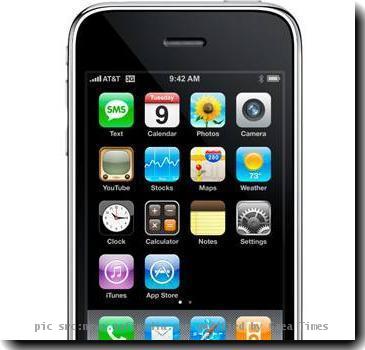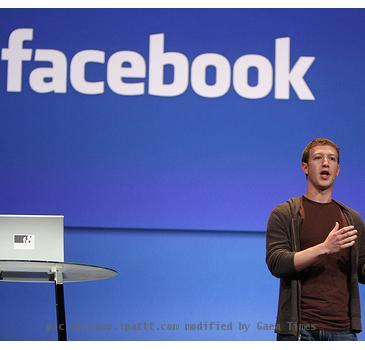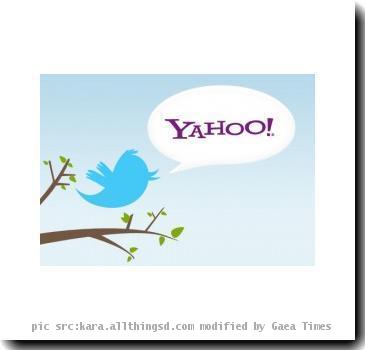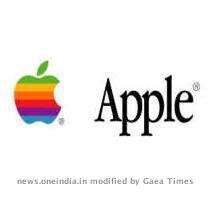World Cup coverage expands on the Web, cell phones
NEW YORK — With games airing live on cell phones and computers, the World Cup will get more online coverage than any major sporting event yet. Watching highlights the next day on TV or YouTube will suddenly seem a downright ancient way to keep up with the action.
When the soccer tournament begins Friday, footy fans can follow the action from an array of mobile and Web applications and share in triumph and heartbreak across social media.
Walt Disney Co. networks ESPN and ABC, which are broadcasting the games in the U.S., will stream 54 games live on the newly launched ESPN3.com, formerly ESPN360. The games are free to those in the U.S. who get their Internet from a service provider affiliated with ESPN, including AT&T, Verizon, Comcast and many others. The 10 games that will air live on ABC won't be available on ESPN3.com, but all 64 matches in the Cup will be available live on mobile devices to customers whose plans include TV on their phones.. Moshi Clearguard MB USA
Univision Communications has the Spanish-language broadcasting rights in the U.S., and it, too, will have games available on Univision.com and Univision Movil.
The digital coverage will be an especially important component for the World Cup because U.S. audiences will be watching many of the games - all being played in South Africa - during the day, possibly on their computers at work.
Comparing the digital experiences of the 2010 World Cup to the 2006 World Cup, Josh Kosner, senior vice president and general manager of ESPN Digital Media, said, "Things have changed utterly."
"This is going to be the biggest and most powerful demonstration of this, and it's just the start," Kosner said. "It's the play book, it's the blueprint for what's coming."
NBC's online coverage of the last Winter Olympics - also an international, daytime event - was extensive, drawing 45 million video streams. Traffic to NBCOlympics.com more than tripled from the 2006 Winter Games, with 45.7 million total visits compared to 13.3 million in 2006. That happened even though NBC held a lot of the footage for its prime-time broadcasts. ESPN expects worldwide online traffic for the World Cup to double or triple that of 2006.
The World Cup, a mixture of global and niche audiences - where some games mean much more to citizens of Honduras, for example - is particularly suited to the Internet. ESPN3.com, for example, will have the option to watch some games in either Portuguese, Arabic, German, Japanese or Korean.
The actual games are only part of the experience. Many media outlets have launched mobile applications, most of which feature live scores, news updates and some integration with Facebook or Twitter. Among them are apps from Fox Soccer Channel, The Associated Press, Goal.com, Mundial and many others.
ESPN has several, including an ESPN Radio app that gives live play-by-play audio. Turner Sports' SportsNow app promises direct linking to Facebook and Twitter to facilitate "trash-talk directly from the app."
Online interest in the World Cup has been building. The elaborate Nike World Cup commercial directed by Alejandro Gonzalez Inarritu has been watched by more than 13 million on YouTube since debuting on May 17.
For the past year, Akamai Technologies Inc., which delivers about 20 percent of the world's Internet traffic, has been building its capability in anticipation of the World Cup. It expects traffic to be two or three times as heavy as what was measured during President Barack Obama's inauguration - thus far, the high point for traffic volume at about 1 terabit, or 1 trillion bits of data, per second. (Higher-quality video is also a major factor in boosting volume.)
"It could well be another watershed event in terms of people understanding what is now possible to do with video online," Akamai Chief Scientist Tom Leighton said. "This will draw a lot of people at once and that will cause people to be aware en masse that, hey, you can do some very cool things with video online that you can't even do with broadcast right now."
The World Cup is also shaping up to be a benchmark in the evolution of mobile TV, which is common in South Korea, growing in the rest of Asia, Africa and South America, but nascent in the U.S. and Europe. ESPN has partnered with AT&T, Sprint, Verizon, FLO TV and MobiTV to bring games to cell phones.
Any surge in bandwidth for live video could test those networks, which are already clogged. Just last week, AT&T announced that to ease congestion on its network, it would no longer offer unlimited Internet data plans for new smart-phone customers.
ESPN's Kosner acknowledged that those with live TV on their mobile phones are still a "relatively small audience," but predicted that the World Cup will be "a galvanizing event" for the capability.
Of course, technology is also being used for more quirky ends.
If you hurry, you can catch the final ticks to the World Cup Countdown app, which has simply been counting down to kickoff in South Africa since last year.
The Drinksin Footy Pubs 2010 app lets U.K. fans know the nearest pubs carrying the games. LiveSoccerTV.com, similarly, offers "soccer friendly" bars in the U.S.
Technology truly meets soccer enthusiasm in South Korea, where a World Cup iPhone app from KT Corp. includes a "glow stick mode" that lights up the screen with fluorescent colors when the phone is shaken - perfect for exuberant waving in South Africa or anywhere near a screen playing the games.
That still leaves one, essential question: Where's Becks?
Fear not. David Beckham, the dashing British wingman, has signed on with Yahoo Inc. as its "global football ambassador." Along with its extensive Cup coverage (which includes a toolbar just for updates and scores), Yahoo will offer a Beckham channel to share the midfielder's thoughts on the Cup.
Associated Press Writer Sangwon Yoon in Seoul, South Korea, contributed to this report.













